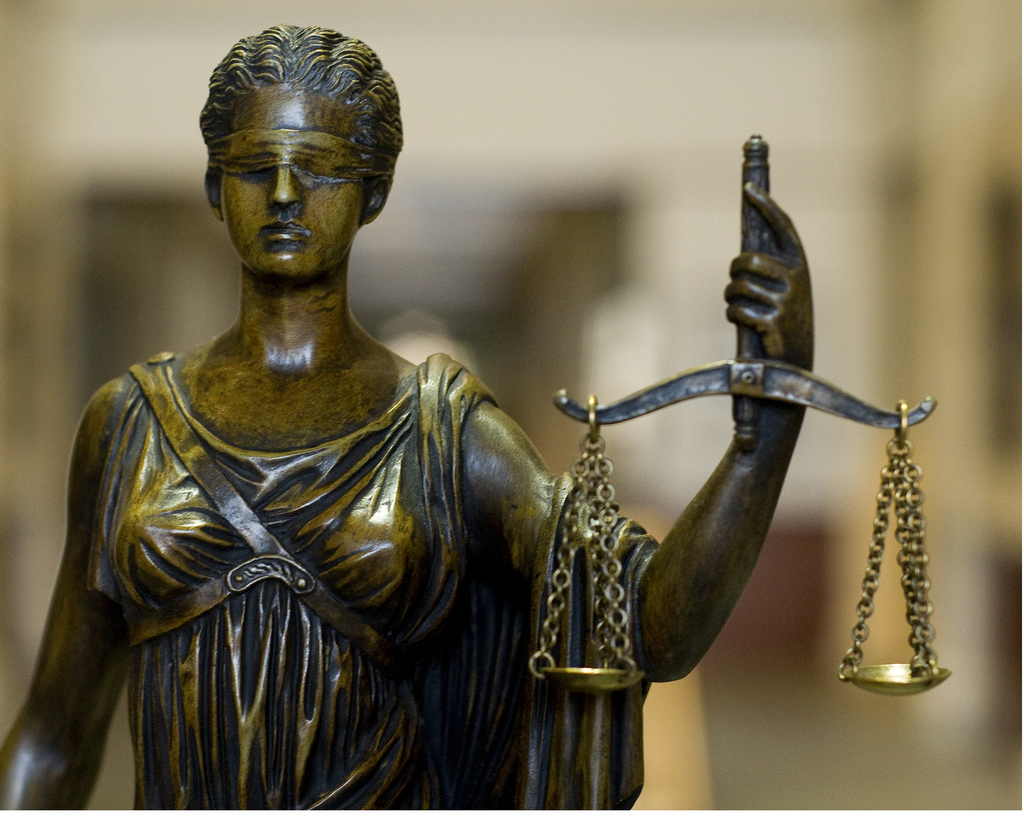This is a repost from the past. I've so many comments over the years that it bears another read. Blessings to all mothers this week and all who "mother" in one form or another.
I get invited into some of the most raw and intimate moments of people’s lives. I’m a pastor . . . a shepherd of souls. The work sometimes breaks my heart. Other times it breaks it open, expands it, makes it soar with wings I doubt I’d have found in any other way. The work, frankly, is saving me from losing hope when there are so many reasons losing hope seems like the right thing to do.
Photo by James Goodman, 2012
Recently, I’ve walked with a mother whose courage is, frankly, pressing my face to the ground in awe—an awe-full sense that there is something at work in this woman’s life, and in this world, that is way, way, way beyond us both.
It’s not the first time I’ve beheld a mother who’s found what seems to me to be superhuman courage. Despite her doubts, her weakness, her tears, her prayers that there could be some other way to move forward, this mother is clawing her way toward a way to love the fruit of her womb, her very flesh and blood, when loving her child demands that all her hopes and dreams must die for the sake of her child. It feels to her that a part of her is dying. But she’s doing it anyway. And I’m in awe.
Courage is one of the many things that marks motherhood. Not all mothers, of course. Some mothers walk away from the courage demanded of them, the fierce love needed by those they’ve brought into the world—those who need their protection, their advocacy, their fight for their children’s lives, those who need a warrior to champion the flourishing of life that is the divine right of us all. Some moms can’t, for a number of reasons, do all this. But, honestly, I can’t judge them. Motherhood’s tough work. Rewarding, yes, but let’s not lose sight of the real human courage that all mothers must find deep within themselves at various times over their lives.
So, while there are a few mothers who are, well, real rats and scoundrels, the rest are trying, one way or another, to muster whatever courage they can to do what’s required of them. And when you consider what wasn’t passed on to so many of them by their role models, and when you add the trauma and lack of support and pain so many of them live with, we ought to bow before them all in awe. I realize that this might be really hard for some who’ve been so terribly neglected and hurt by those whose wombs bore them. But regardless, today, I’m struck by the different degrees of courage all mothers—despite their hangups—have had to muster. And I’m in awe.
So,
on this Mother’s Day,
I’ll bend my knee
and bow my head
in reverence
before the mothers
of the earth.
All of them.
The good ones
and the bad ones.
Those who love children
who are easy to love,
and those who weep over
those who aren’t.
Those who’ve given birth
to their own flesh and blood,
and those who mother
the children of another.
The mothers who’ve
had to bury the child
who ought to have buried them;
those whose children
gather round them
this Mother’s Day in praise,
and those whose children don’t;
those who rise
to the courage demanded of them,
and those who won’t.
Mothers, all,
agents of life,
each and every one of you,
no matter what you’ve done
or haven’t done—
I revere you.
Mothers, yes,
especially you mothers,
who’ve broken open
the hardened places
in your hearts,
you who’ve dug deep,
through pain
and confusion
and blinding longing,
and found the courage
and selflessness
and fierce loyalty
love requires—
despite your doubts
and fears,
your weaknesses
and tears,
and done what you thought
was too hard for you to do,
what you feared would undo you . . .
I salute and praise you,
Dear Warriors of Life.

